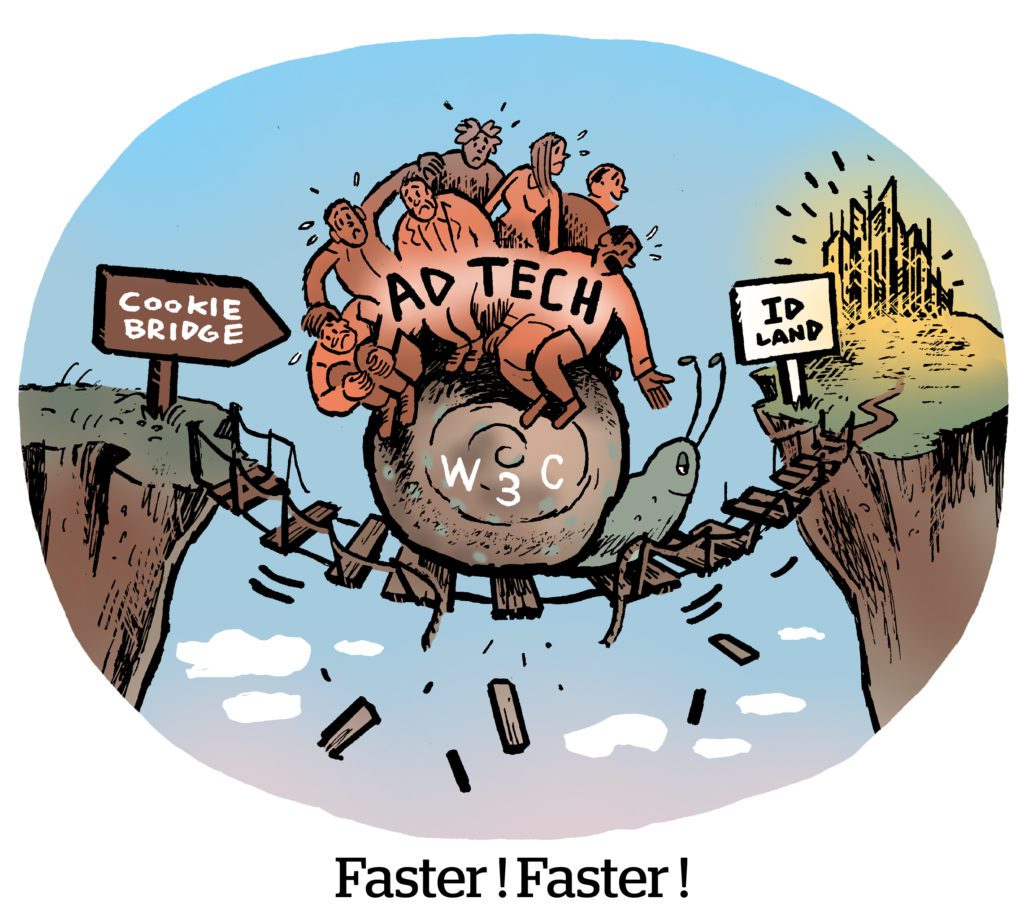First-Party Time
As first-party data sets grow, marketing operations are reining in their ad costs and boosting ROI, The Wall Street Journal reports.
For example, PepsiCo has amassed around 75 million user records from its consumer base. This data saves tens of millions of dollars on ad spend, according to Shyam Venugopal, the SVP of global media and commercial capabilities. Given these results, Pepsi hopes to double its first-party data in the next two years.
Likewise, Molson Coors compiled more than a million customer profiles and plans to increase that total to 13 million by 2025. To that end, the beer brand has conducted more than 300 data-gathering operations this year alone. And by “data-gathering event,” the Journal means social media sweepstakes or contests in bars.
These data collection efforts are often gimmicky, but they are serious business to brands. Molson credits its first-party data-gathering efforts with more than $300,000 in savings on data fees for online ads.
Keep A Low Profile
Advancements in “real-time profiling” are helping advertisers target by location or mood, rather than by individual. Think of a gambling app that may benefit by targeting around sports stadiums, say, or when people feel happy-go-lucky. Whether using these signals is ethical is where the waters get murkier.
Using these types of data points, an advertiser can decide when to pitch a product, ask for a review or even when you might be willing to pay more, according to an abstract of research published by the law and technology academic journal SCRIPTed.
The problem? These locations of patterns – like the state of mind implied by a low battery signal, read by an app – can be used to take advantage of vulnerable consumers. The authors call the practice “psychological hijacking.”
Real-time profiling that takes advantage of a temporary state of mind doesn’t trip the same privacy wires as user-level targeting. But it is still a consumer data regulatory action in waiting.
Burners-Lee
The web standards body W3C, led by web inventor Tim Berners-Lee, is “no longer fit for purpose.”
That’s according to a fiery statement from advocacy group Movement for an Open Web (MOW), The Daily Mail reports. “The body … has been hijacked by Big Tech, in particular Google,” MOW declared.
For example, Google staffed 106 employees to assist its W3C work, while other companies involve one or two people. This is hardly surprising – Google’s Chrome, privacy, legal and ad tech units are involved, whereas other companies send hands-on engineers who implement changes.
The contention is that the Privacy Sandbox, Google’s data privacy test kit, is simply a mechanism to rubber-stamp Google ideas.
“The W3C has been captured by Big Tech, even its own antitrust guidelines have not been enforced when they should have been,” said Timothy Cowen, MOW legal advisor and head of antitrust at the law firm Preiskel & Co, quoted in the post. One precedent to be aware of: The US Department of Justice investigated a mobile phone standards organization over a bias toward its largest operators.
But Wait, There’s More!
The case for putting the tech expert in charge, after Twitter’s CTO takes the reins. [Protocol]
Mediaocean announces issuance of new patent for CTV fraud verification tech. [release]
An interview with Snap’s new VP of platform partnerships. [The Information]
Why hummus brand Ithaca is investing in OOH and radio now. [Digiday]
Redbox plans to run ads on 4,000 DVD kiosks. [Variety]
Tubular Labs: A quarter of all consumer sales on Amazon come from social video audiences that have watched videos about that category. [Forbes]
LinkedIn is testing a new targeting approach on its platform aimed at reducing reliance on and use of third-party data. [Adweek]
You’re Hired!
Goodway Group promotes Susan Kirksey to VP, Amanda Martin to SVP. [release]
Acast names Veronika Taylor as VP of its creator network. [release]














